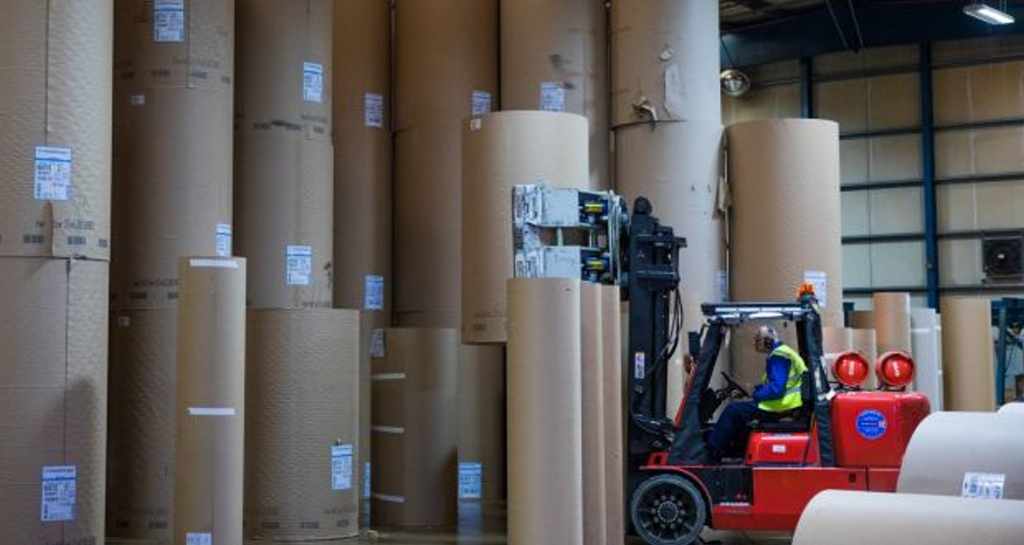Ireland has protested against Venezuela’s seizure of a paper mill from Smurfit Kappa, the Dublin-based FTSE 100 company that is Europe’s biggest cardboard box maker.

The Venezuelan authorities took control of Smurfit Kappa’s plant last month after a state agency charged the company with price speculation and destabilising the economy. The government also detained two Smurfit managers.
Dublin has complained about the intervention in diplomatic representations to Caracas that it has made via EU channels, saying it is “extremely concerned” about the rapidly deepening crisis in the country as the socialist government of Nicolás Maduro battles some of Latin America’s worst hyperinflation.
Ireland has no embassy in Venezuela and its consulate there has closed so the matter is being handled by its ambassador to Mexico, Barbara Jones.
“The government is aware of recent worrying developments that have seen Venezuelan authorities take control of Smurfit Kappa’s business in Venezuela and detaining of two of its employees,” said the spokesperson for Simon Coveney, deputy premier and foreign minister. “The department of foreign affairs and trade has been liaising directly with the company. The situation is serious, volatile and deteriorating rapidly and we will continue to follow developments closely.”
Smurfit Kappa has vowed to protect the interests of its stakeholders and secure the release of its employees, saying nine out of 10 trade unions in the Venezuelan unit have “confirmed their support and desire to continue working with [THE BUSINESS]as a result of our good labour practices.”
But the company’s options are severely limited, and one expert questioned whether there is any prospect of a successful court action in Caracas to secure the return of a plant that employs 1,600 people.
“The judiciary in Venezuela, the last thing that they are is independent. So they will respond to everything that the executive wants or asks them to do,” said Dany Bahar, fellow at the Brookings Institution in Washington.“Whenever expropriations happen, it’s an action that’s consistent with the executive’s desperation to try to find money wherever it can…The business climate in Venezuela is [ONE]of thunderstorms with very dark clouds.”
Smurfit Kappa has refuted all claims against it by Sundde, the Venezuelan state price control agency that accused it of boycotting and smuggling after inspecting its factory for two days last month.
Charged with refusing to sell to certain local businesses, the company was also directed to adjust prices for all products.
In a statement, Smurfit Kappa said the authorities had taken “temporary control” of the business for 90 days.
As a result, the company was no longer “responsible for the use of its installations, machinery and equipment, its employees’ safety, that of its surrounding communities, any environmental impact, or the quality of the paper and packaging manufactured in the operations.”
Mr Maduro devalued the Bolívar by 95 per cent last month in an attempt to arrest the collapse of the economy.
But David O’Brien, analyst at Goodbody stockbrokers in Dublin, said Smurfit had already taken a hit from previous devaluations that started in 2015. “Ultimately that has seen the [VENEZUELAN]business fall to less than 1 per cent of group earnings before interest, tax, depreciation and amortisation. It’s a relatively immaterial part of the business from a financial perspective.”













